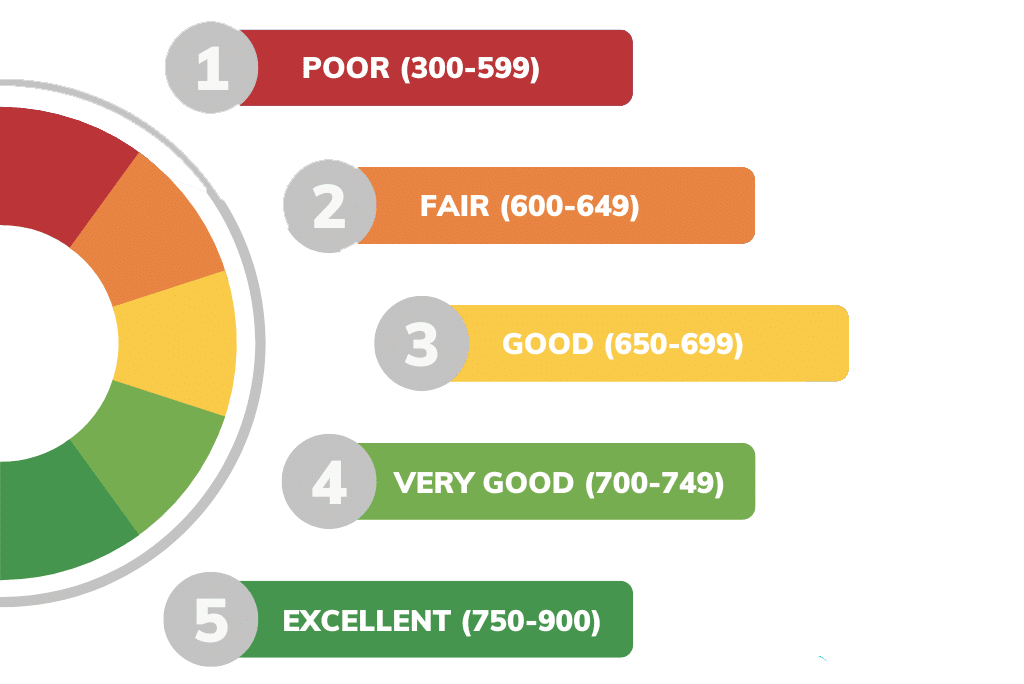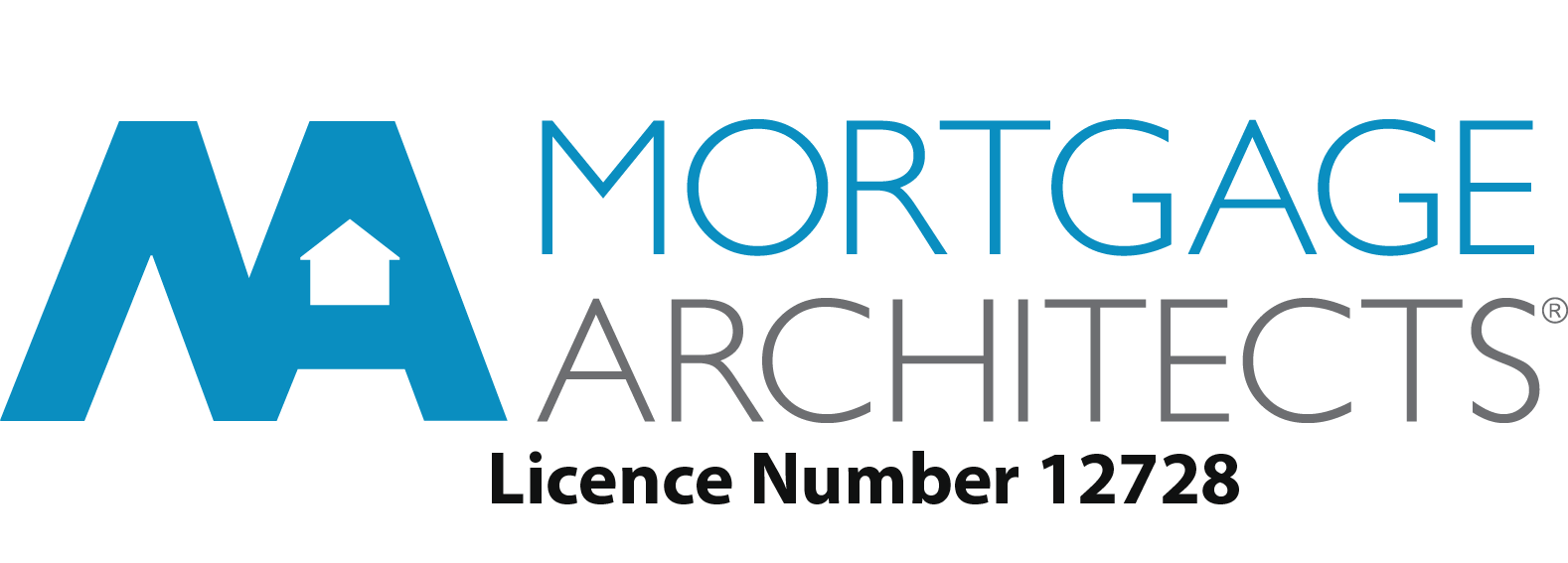Mortgage 101
Open Mortgage
Enables the principal to be paid partially or in full at any time, without incurring any penalties.
Closed Mortgage
A mortgage that obligates you to a specific payment schedule, with a penalty typically imposed for repaying the loan in full before the end of a closed term.
Fixed-rate Mortgage
A mortgage with a predetermined interest rate for a specified duration, commonly referred to as the term.
Variable-rate Mortgage
A mortgage with fixed payments that adjusts based on interest rates. The varying interest rate determines the portion of the payment allocated to the principal.
Land Transfer Tax
Most home buyers in Canada can anticipate including Land Transfer Taxes in their closing costs. A land transfer tax or property purchase tax is applied to property acquisitions, except for residents in Alberta, Saskatchewan, or rural Nova Scotia. The tax rate varies depending on the location and can range from 0.5% to 2% of the property’s total value.
Insured Mortgages
To buy a property with a down payment of less than 20% of the purchase price, all banks require mortgage insurance through entities like The Canadian Mortgage and Housing Corporation (CMHC), Genworth Financial Canada, or Canada Guaranty. This mortgage loan insurance safeguards lenders against default and allows consumers to acquire homes with as little as a 5% down payment, enjoying interest rates comparable to those with a 20% down payment.
Understanding Credit Rating

(Scores 780+): Lenders provide individuals with a credit score of 780 or higher the opportunity to access lower interest rates.
(Scores 720-779): This credit rating is deemed good, and individuals falling within this range can take advantage of some of the most favorable rates on offer.
(Scores 680-719): An individual with a credit score in this range enjoys good credit standing, making it relatively easy to seek approval for new credit with minimal difficulties.
(Scores 620-679): While still considered a favorable range, individuals with this credit score will encounter slightly higher interest rates compared to those with higher scores.
(Scores 580-619): Credit scores within this range suggest the individual is considered high risk, potentially making it challenging to secure loans. If approved, the interest rates offered may be higher as well.
(Scores 500-579): Individuals with credit scores in this range may encounter challenges in obtaining approvals. However, it’s important to note that credit repair is possible.
(300-500): Individuals with credit scores below 500 are advised to seek assistance for credit improvement.
Factors to improve your Credit Rating
Payment History (35%)
Creditworthiness hinges on the timely payments made to lenders or creditors, which directly impacts one’s credit score. To enhance their credit standing, individuals must consistently ensure punctual payments of loans and bills
Credit Utilization (30%)
The debt utilization ratio reveals the extent of a consumer’s outstanding debt in relation to their available credit. For instance, if an individual maintains a significant balance compared to their credit limit, it can adversely impact their credit score. To enhance their creditworthiness, they should strive to reduce their debt and aim to keep their balance below 35% of their available credit
Credit Length (15%)
The longer a credit account remains open, the more positively it affects your credit score. When contemplating the cancellation of a credit accounts, prioritize closing newer accounts while retaining the older ones to maintain a favorable credit history.
New Enquiries (10%)
Whenever a potential lender or creditor checks your credit, there will be a minor and temporary dip in your credit score. If you apply for multiple new credit products in a short span, your credit score will decrease, and this recent credit-seeking activity may raise concerns among other creditors, potentially signaling a risk.
Credit Mix (10%)
Having a diverse range of open credit accounts positively impacts your credit score. It demonstrates to potential lenders that you are a responsible borrower capable of managing various credit responsibilities with prudence.

